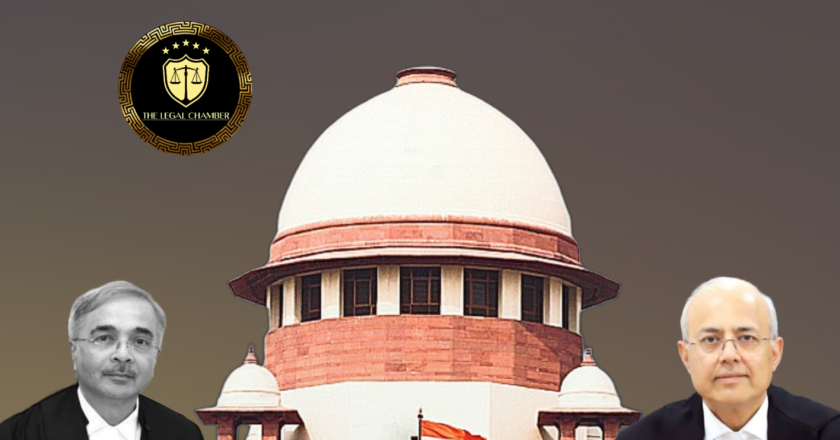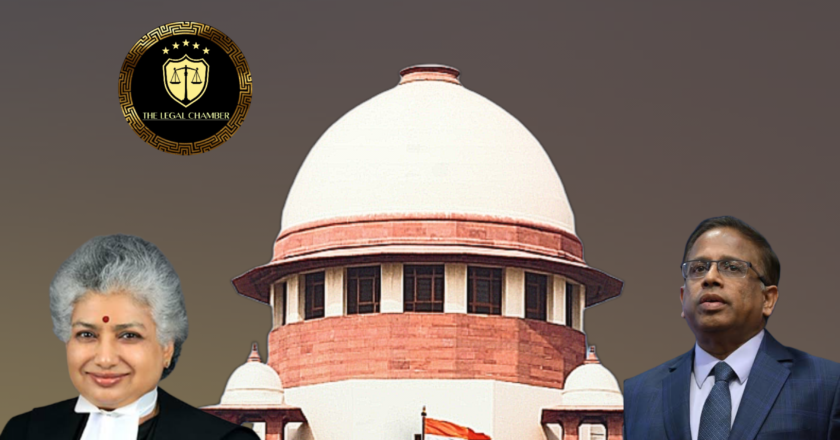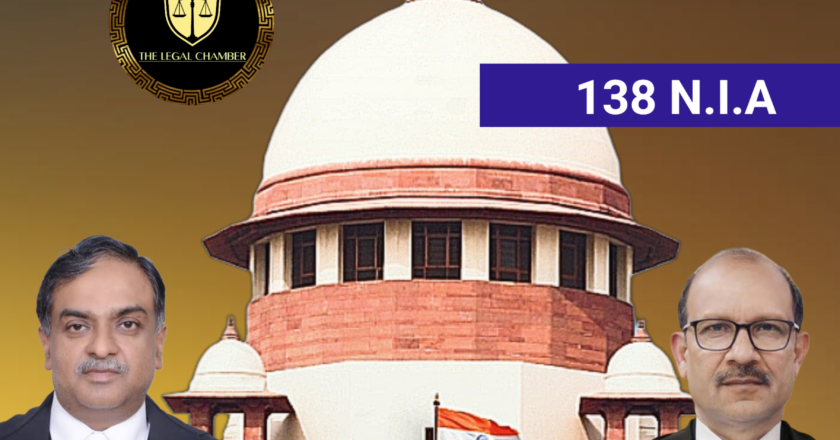Supreme Court Reinstates Conviction in Cheque Bounce Case, Slams High Court’s Interference
This Supreme Court judgment reinforces the statutory presumptions under Sections 118 and 139 of the Negotiable Instruments Act, 1881, which arise upon admission of a cheque's execution. It clarifies that these presumptions are rebuttable, but the initial onus is on the accused. The ruling also establishes that a violation of Section 269SS of the Income Tax Act, 1961, does not render a debt legally unenforceable for proceedings under Section 138 of the NI Act.
Facts Of The Case:
The case originated from a complaint under Section 138 of the Negotiable Instruments Act, 1881, filed by the appellant, Sanjabij Tari, concerning a cheque for Rs. 6,00,000 issued by the respondent, Kishore S. Borcar. The cheque was dishonoured due to insufficient funds. The appellant contended that the amoun...


